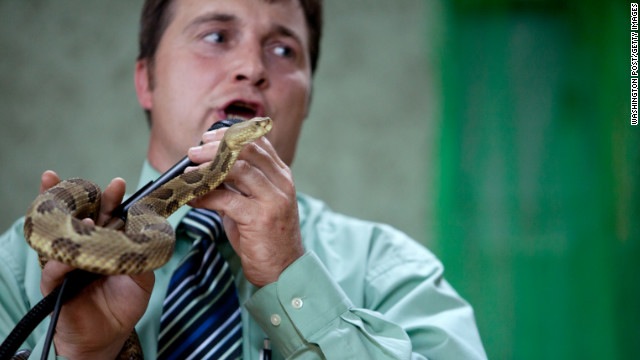When I think of the book of Revelation, I generally think two things. The movie, A Thief in the Night (I really should consider therapy) and the promise of God’s Kingdom being ultimately revealed regardless of what happens (or doesn’t happen) in this world. I know it’s completely horrific that I should include these two together and if I believed that God was offended buy such trivialities, I would certainly confess but part of my point is mentioning the absurdity.
First a word on “A Thief In the Night.” Don’t watch it unless you simply like weird horror movies. Don’t show it to your [Read more…]
 There have been a number of Q Talks that stood out to me and this is among them. Part of it is because we need to talk more about the abortion issue but we need to do it with more grace and compassion. Given the sensitivity of the conversation, I’ve been waiting to re-listen to the talk and it has recently become available on Q Premiere. (You can subscribe
There have been a number of Q Talks that stood out to me and this is among them. Part of it is because we need to talk more about the abortion issue but we need to do it with more grace and compassion. Given the sensitivity of the conversation, I’ve been waiting to re-listen to the talk and it has recently become available on Q Premiere. (You can subscribe  On Sunday, I prayed with one of our mission teams that is serving locally in Cambridge this week. We have a number of teams traveling throughout the summer to different places, doing different things and of course, it involves a number of different type of people. Some are mission trip veterans, some are first-timers, young professionals, young parents, empty-nesters, middle/high school students and many others. I’m a believer of short term missions but every year I am part of conversations that inquire are these trips worth it?
On Sunday, I prayed with one of our mission teams that is serving locally in Cambridge this week. We have a number of teams traveling throughout the summer to different places, doing different things and of course, it involves a number of different type of people. Some are mission trip veterans, some are first-timers, young professionals, young parents, empty-nesters, middle/high school students and many others. I’m a believer of short term missions but every year I am part of conversations that inquire are these trips worth it? I haven’t really cared about the NBA since Michael Jordan shoved Bryon Russell out of the way and sank the game winner sinking the Utah Jazz and picking up his six ring. Of the big three sports, the NBA is the hardest for me to get into and in the beginning of this season, I was all for the Lockout because it was one less thing to keep up with.
I haven’t really cared about the NBA since Michael Jordan shoved Bryon Russell out of the way and sank the game winner sinking the Utah Jazz and picking up his six ring. Of the big three sports, the NBA is the hardest for me to get into and in the beginning of this season, I was all for the Lockout because it was one less thing to keep up with. In some circles, a pastor liking Radiohead is a bit cliche. And in some others, it’s quite bizarre. Depending on where I am, I get one of two looks: One that says, “Of course you do and you probably use a Mac and …” The second look politely says, “Really? I thought you said you were a minister of some sort.”
In some circles, a pastor liking Radiohead is a bit cliche. And in some others, it’s quite bizarre. Depending on where I am, I get one of two looks: One that says, “Of course you do and you probably use a Mac and …” The second look politely says, “Really? I thought you said you were a minister of some sort.”
 I was sent this book by Book Sneeze, as always I am not required to give a positive review but an honest one. I am disclosing this in accordance with the Federal Trade Commission’s 16 CFR, Part 255
I was sent this book by Book Sneeze, as always I am not required to give a positive review but an honest one. I am disclosing this in accordance with the Federal Trade Commission’s 16 CFR, Part 255 Just about every week I get asked what is up with our Reading Circle, when is the next one, what are we reading, what in the world is it?
Just about every week I get asked what is up with our Reading Circle, when is the next one, what are we reading, what in the world is it? Many of us had a positive experience reading Don Miller’s
Many of us had a positive experience reading Don Miller’s 




Recent Comments